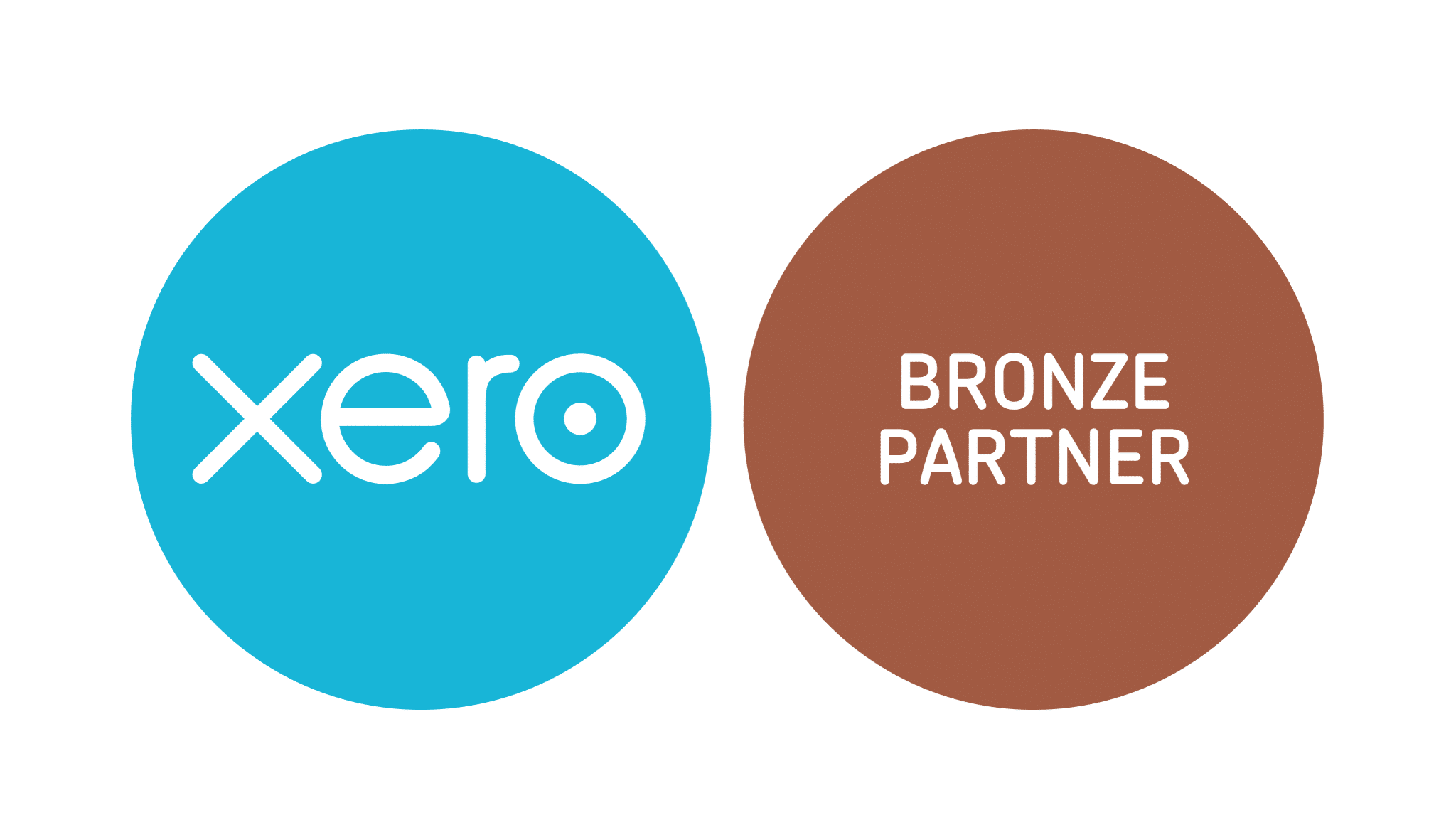Autumn Budget 2024
Chancellor Rachel Reeves’ first Budget was a significant one. Following months of doom and gloom, we had been primed to expect tax rises and she certainly delivered on that front. However, the increases may not be as widespread as the media led us to believe ahead of the announcement. The brunt of the burden falls on businesses, particularly employers, for whom employers’ national insurance (NI) contributions will increase substantially, combined with rises in minimum wage rates. Below is our summary of the key announcements.
Employers’ National Insurance
From 6 April 2025, the employers’ national insurance rate will increase from 13.8% to 15%. Furthermore, the threshold at which it is paid will drop from the current £9,100 to just £5,000 per year. This £5,000 threshold will remain in place until 5 April 2028, after which it will increase with inflation. These changes represent a substantial increase for employers who pay this rate of NI on top of employees’ gross pay. Inevitably, employers are likely to pass this cost onto employees by freezing or restricting pay rises and carefully considering their workforce, either reducing staff numbers or thinking twice before hiring new employees.
We are, however, pleased to see that the employment allowance will increase from £5,000 to £10,500, which means that employers do not pay the first £10,500 of their employers’ NI, a particularly valuable relief for small businesses. However, single company directors without any other employees continue to be ineligible for the employment allowance.
Increases in Minimum Wages from April 2025
The National Living Wage will increase to £12.21 from 1 April 2025, up from its current rate of £11.44. This hourly rate applies to all employees aged 21 and over. The rates for other age groups will increase as follows:
| Age | From 1 April 2025 | Current Rate |
| 21 and over | £12.21 | £11.44 |
| 18-20 | £10.00 | £8.60 |
| Under 18 | £7.55 | £6.40 |
| Apprentice | £7.55 | £6.40 |
The significant 16.3% increase in the rate for 18-20 year olds results from the intention to create a single rate for all adults. It is likely that this will align with the rate currently applicable to those aged 21 and over in the coming year or two.
Capital Gains Tax
The lower rate of capital gains tax (CGT) has been increased from 10% to 18% and the higher rate from 20% to 24%. These rates take effect immediately, from 30 October 2024, aligning them with those already applicable to residential property. Thus, there are now just two main rates of capital gains tax applicable to the sale of assets. Although a rise in taxes is never welcome, we appreciate the simplification in CGT rates.
Business Asset Disposal Relief (BADR), formerly known as Entrepreneurs’ Relief, will rise gradually from the existing 10% rate to 14% from 6 April 2025 and will then match the main lower rate of 18% from 6 April 2026. This change will impact those selling their businesses, as the current 10% BADR rate is quite generous.
There are no changes to the annual CGT allowance which has already dropped to just £3,000 from 6th April 2024.
Inheritance Tax
The inheritance tax (IHT) threshold remains frozen at £325,000 until 2028, and the Chancellor has committed to extending this freeze for a further two years until 2030. This threshold has been in place since 2009 without any inflationary increases, resulting in a significant rise in the number of estates subject to IHT.
It was also announced that from 6 April 2027, undrawn pensions passed to beneficiaries upon death will be included in the estate and therefore subject to IHT. Currently, inherited pensions are not subject to IHT.
From 6 April 2026, the current 100% relief from IHT on certain agricultural and business assets will continue for the first £1 million of combined agricultural and business assets and will reduce to 50% thereafter. Business property relief (BPR) on AIM-listed shares will reduce from 100% to 50%.
Stamp Duty Land Tax
The higher rate of Stamp Duty Land Tax (SDLT) on the purchase of second homes, buy-to-let residential properties and companies purchasing residential property will increase from 3% to 5%. This change takes effect immediately for contracts exchanged from 31 October 2024.
Income Tax
The existing freeze on the tax-free personal allowance and national insurance contribution thresholds continues until 2028 but will not be extended beyond that. From 2028, the thresholds will increase in line with inflation.
Corporation Tax
The government has committed to capping the top rate of corporation tax at 25% for the duration of Parliament.
HMRC Late Payment Interest Rate
To encourage taxpayers to settle their tax liabilities on time, the late payment interest rate charged by HMRC on unpaid tax liabilities will increase by 1.5% from 6 April 2025. The current rules set the late payment interest rate is set at base rate plus 2.5%; however, from April 2025, this will change to base rate plus 4%.





